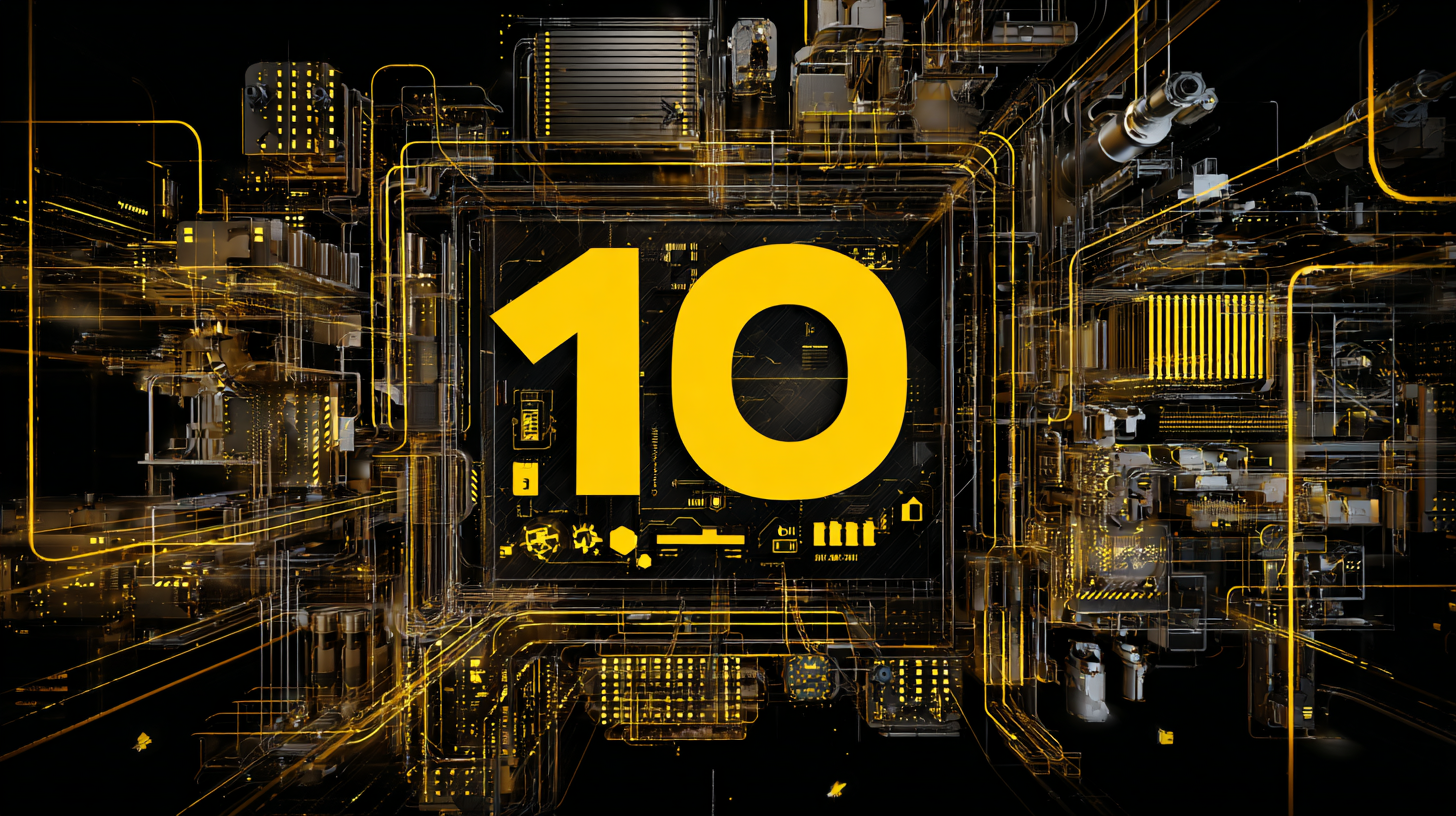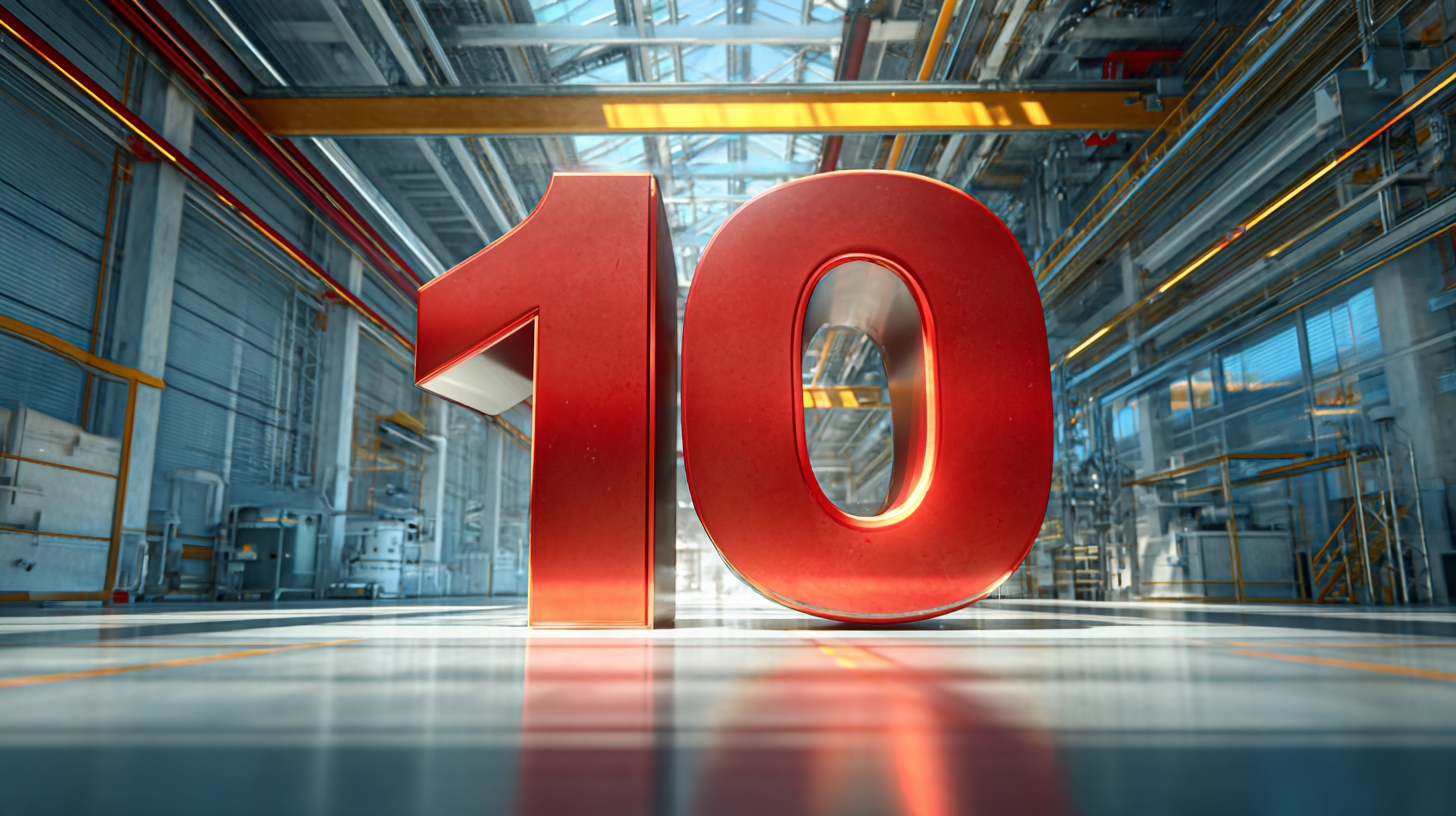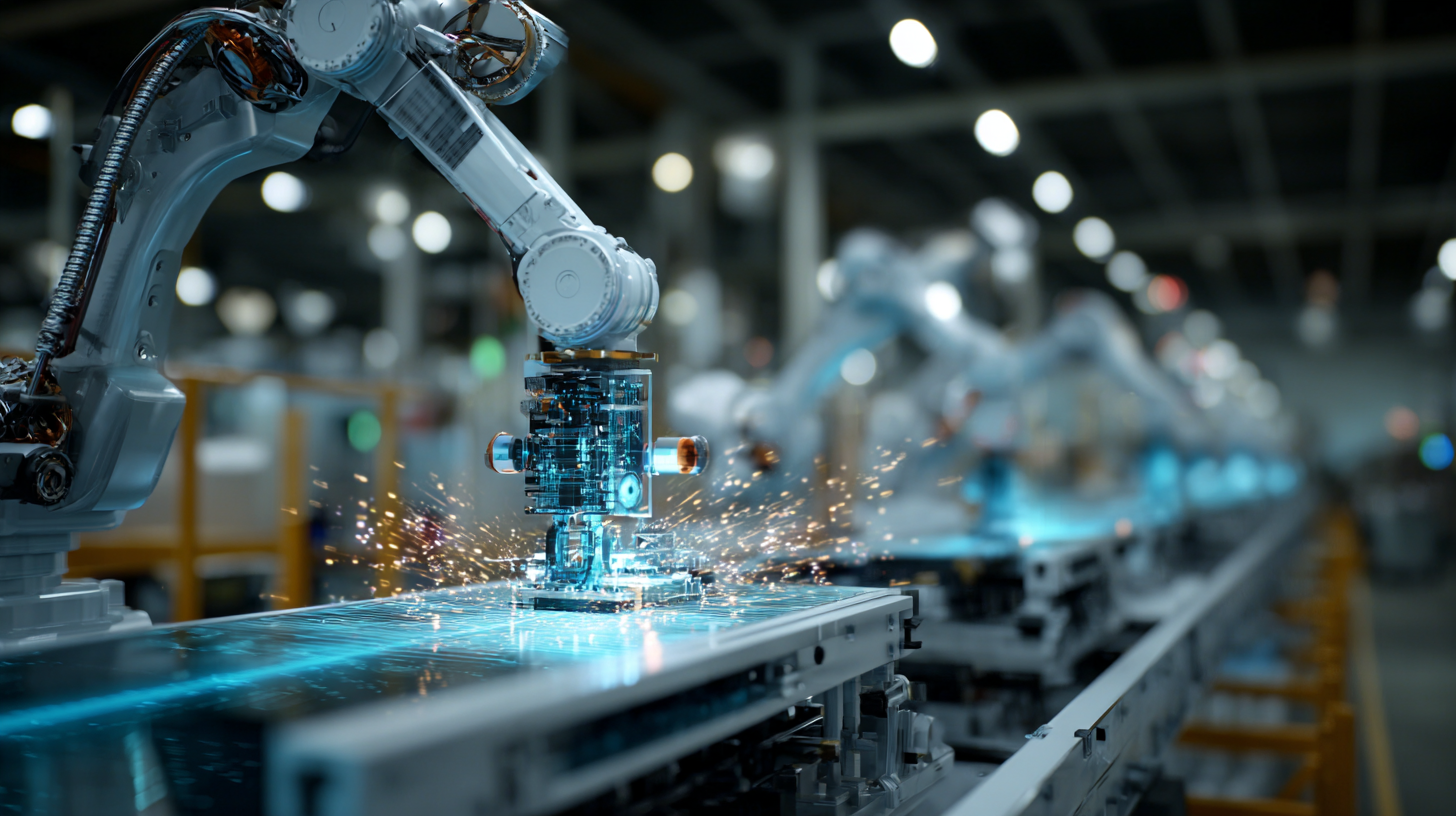 English
English-
 English
English -
 Español
Español -
 Português
Português -
 русский
русский -
 Français
Français -
 日本語
日本語 -
 Deutsch
Deutsch -
 tiếng Việt
tiếng Việt -
 Italiano
Italiano -
 Nederlands
Nederlands -
 ภาษาไทย
ภาษาไทย -
 Polski
Polski -
 한국어
한국어 -
 Svenska
Svenska -
 magyar
magyar -
 Malay
Malay -
 বাংলা ভাষার
বাংলা ভাষার -
 Dansk
Dansk -
 Suomi
Suomi -
 हिन्दी
हिन्दी -
 Pilipino
Pilipino -
 Türkçe
Türkçe -
 Gaeilge
Gaeilge -
 العربية
العربية -
 Indonesia
Indonesia -
 Norsk
Norsk -
 تمل
تمل -
 český
český -
 ελληνικά
ελληνικά -
 український
український -
 Javanese
Javanese -
 فارسی
فارسی -
 தமிழ்
தமிழ் -
 తెలుగు
తెలుగు -
 नेपाली
नेपाली -
 Burmese
Burmese -
 български
български -
 ລາວ
ລາວ -
 Latine
Latine -
 Қазақша
Қазақша -
 Euskal
Euskal -
 Azərbaycan
Azərbaycan -
 Slovenský jazyk
Slovenský jazyk -
 Македонски
Македонски -
 Lietuvos
Lietuvos -
 Eesti Keel
Eesti Keel -
 Română
Română -
 Slovenski
Slovenski -
 मराठी
मराठी -
 Srpski језик
Srpski језик
10 Best Manufacturers Driving 2023 Industry Innovations and Growth
In 2023, the landscape of industry innovation and growth is profoundly shaped by key manufacturers who are not just adapting to change but actively driving it. According to a recent report by the International Federation of Robotics, global sales of industrial robots are projected to reach 500,000 units annually by 2024, signaling a significant leap towards automation and efficiency in manufacturing processes.

Moreover, the McKinsey Global Institute highlights that companies embracing advanced technologies could see productivity gains of 20 to 30 percent, enhancing their competitive edge in a rapidly evolving market. As we delve into the ten best manufacturers leading this transformative wave, we will explore their strategies, technological advancements, and impactful contributions to the industry, showcasing how these pioneers are setting the stage for future innovations and sustained growth.
Top 10 Game-Changing Manufacturers Revolutionizing Industry Trends in 2023
In 2023, several game-changing manufacturers have emerged, significantly revolutionizing industry trends and driving innovation. According to a recent report by McKinsey & Company, companies embracing digital transformation can expect to see their productivity increase by up to 25%. This shift is primarily driven by advancements in automation and data analytics, allowing manufacturers to streamline operations and reduce costs. Companies like Siemens and GE have adopted IoT technologies, which have enabled them to monitor equipment in real-time, predict maintenance needs, and increase operational efficiency.
Moreover, sustainability has become a core focus for many leading manufacturers. A report by Deloitte indicates that 70% of consumers are willing to pay a premium for sustainable products. Firms such as Tesla and Unilever are not just meeting these demands but also setting new standards in sustainable manufacturing practices. By investing in renewable energy sources and sustainable materials, these companies demonstrate that profitability and environmental responsibility can go hand in hand, marking a significant shift in industry priorities. This combination of technological innovation and sustainability is shaping a new era for manufacturers, positioning them as key players in the evolving market landscape.
10 Best Manufacturers Driving 2023 Industry Innovations and Growth
| Rank | Innovation Area | Technology Used | Impact on Industry | Growth (%) |
|---|---|---|---|---|
| 1 | Sustainable Materials | Bioplastics | Reduced carbon footprint | 25% |
| 2 | Automation | Robotic Process Automation | Increased efficiency and reduced costs | 30% |
| 3 | Digitalization | IoT Solutions | Real-time data analytics | 40% |
| 4 | Additive Manufacturing | 3D Printing | Customizable production | 50% |
| 5 | Supply Chain Optimization | Blockchain Technology | Transparent and traceable logistics | 35% |
| 6 | Energy Efficiency | Smart Grids | Reduced energy waste | 20% |
| 7 | Artificial Intelligence | Machine Learning Algorithms | Predictive maintenance | 45% |
| 8 | Augmented Reality | AR Applications | Enhanced training methods | 33% |
| 9 | Nanotechnology | Nano-coatings | Improved durability | 37% |
| 10 | Smart Manufacturing | IoT and AI Integration | Self-optimizing processes | 60% |
Emerging Technologies Led by Industry Innovators Shaping the Future
As we venture into 2023, the landscape of industry innovation is increasingly shaped by emerging technologies driven by visionary manufacturers. Companies are leveraging advancements in artificial intelligence, automation, and sustainable practices to redefine operational efficiencies and enhance customer experiences. These innovations are not just streamlining production but also paving the way for smarter supply chains that react nimbly to market demands.

Moreover, industry leaders are focusing on sustainability, developing eco-friendly technologies that address pressing environmental concerns. By incorporating renewable energy sources and reducing waste through circular economy principles, these manufacturers are setting benchmarks for responsible production. Their commitment not only fosters a greener future but also positions them as pioneers in a market that increasingly values corporate social responsibility. This intertwining of technology and sustainability illustrates a remarkable trend where profitability does not come at the expense of the planet, but rather in harmony with it.
Key Strategies Employed by Leading Brands for Sustainable Growth
In 2023, leading manufacturers are adopting innovative strategies to foster sustainable growth amidst evolving market demands. According to a report by McKinsey, over 70% of companies have intensified their investment in digital transformation, which has become critical for enhancing operational efficiency and customer engagement. These investments are not just about technology; they are integral to creating a holistic ecosystem that aligns with consumer sustainability preferences. For instance, companies that effectively integrate data analytics have reported a 25% increase in product development speed while maintaining a strong focus on eco-friendly practices.
Moreover, strategic partnerships and collaborations have emerged as vital drivers of innovation. A PwC study highlights that organizations leveraging collaborative ecosystems can achieve up to 30% greater revenue growth compared to those operating in silos. By sharing resources and knowledge, these firms are better positioned to tackle industry challenges, from supply chain disruptions to the urgent need for climate resilience. Notably, brands like Tesla and Unilever exemplify this approach, continuously refining their product lines and operations in response to consumer insights and environmental considerations, thus setting the standard for sustainable practices in their respective sectors.
How Established Players are Adapting to Meet Market Demands in 2023
In 2023, established manufacturers are stepping up to meet evolving market demands through innovation and strategic adaptation. According to a recent report by McKinsey, companies that embrace digital transformation not only enhance operational efficiency but also boost customer satisfaction by up to 30%. This shift is evident as brands leverage advanced technologies such as AI and IoT to optimize their production processes and tailor their offerings to consumer preferences.
Moreover, a study by PwC highlights that nearly 70% of manufacturing leaders consider sustainability a top priority for their growth strategies this year. Many manufacturers are investing in eco-friendly practices and materials, aligning their business models with the increasing consumer demand for sustainability. For instance, companies like Siemens and GE are actively incorporating renewable energy sources and circular economy principles into their manufacturing practices, demonstrating how traditional players are evolving to remain competitive in a rapidly changing landscape. The ability to adapt not only to technological advancements but also to societal expectations is proving crucial for lasting success in 2023.
Innovations and Growth in 2023 by Leading Manufacturers
Profiles of Innovative Manufacturers Making Waves Across Various Sectors
In 2023, the manufacturing sector is witnessing an impressive wave of innovation, driven by a diverse range of companies pushing boundaries across various industries. Among these, one standout is an aerospace manufacturer that has pioneered the use of sustainable aviation fuels. Their commitment to reducing carbon emissions is transforming how the industry approaches environmental responsibility, making significant strides toward greener air travel.

In the automotive sector, a leading electric vehicle manufacturer is at the forefront of cutting-edge battery technology. By developing high-capacity batteries that charge in record time, they are not only enhancing the user experience but also accelerating the shift away from fossil fuels. Moreover, a textile manufacturer is revolutionizing fashion by integrating smart technology into their fabric, offering consumers garments that adapt to changing weather conditions. These companies exemplify how innovation is reshaping the landscape, ensuring that the manufacturing industry remains vibrant and resilient.

